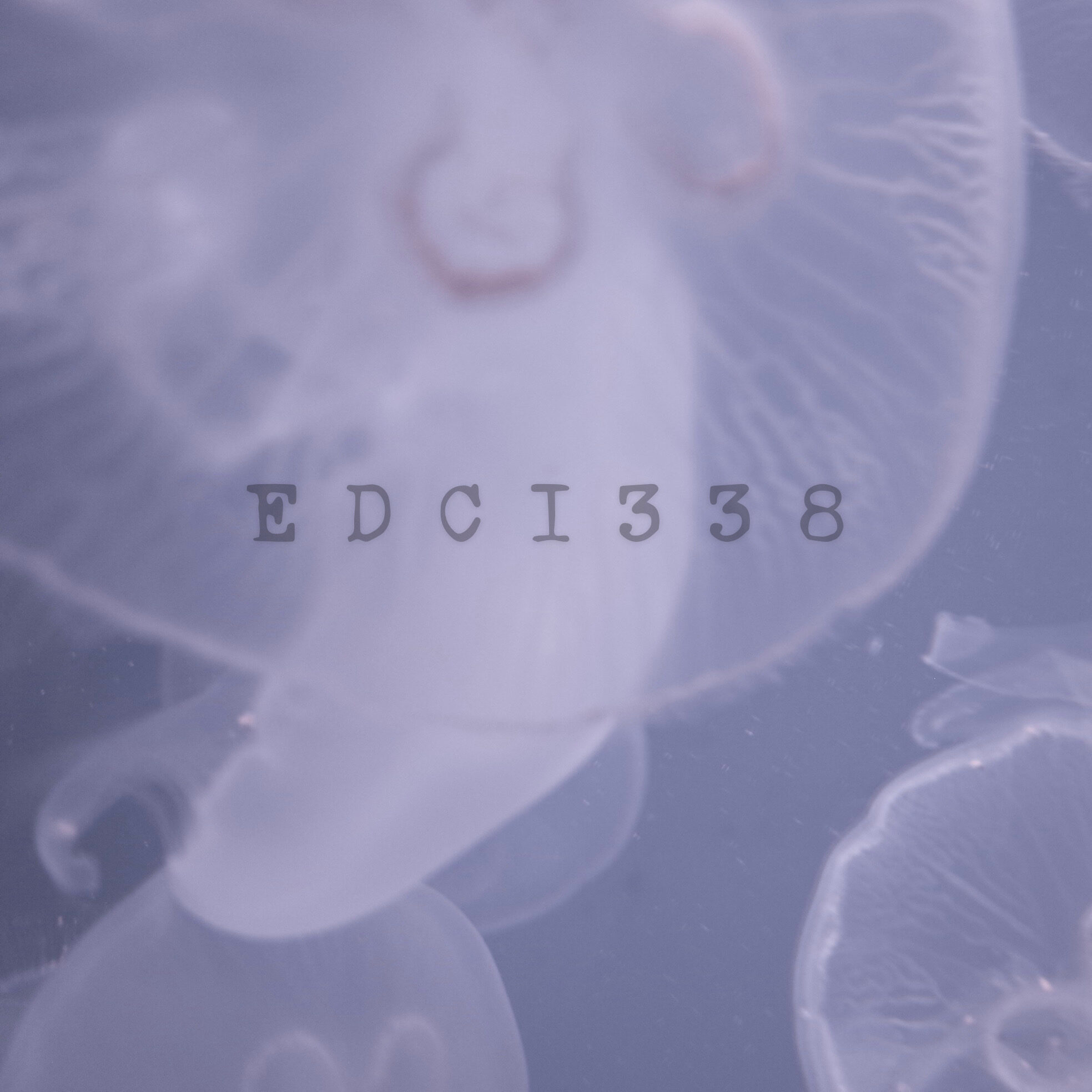For my first showcase post, I will be exploring further insights and polishing my Wow and Wonder Week 3 post in order to further explore the complexity of learning and how knowledge is connected to people from Connectivism: A Learning Theory for the Digital Age.
As I read the article I saw that due to the rapid development of information technology, the half-life of knowledge has been greatly reduced and learners are entering all fields throughout their lives. Formal schooling no longer makes up the bulk of learning. Learning and work cannot be separated. I don’t think I realized that learning and work are actually integrated now because when I checked back from the education I received growing up that work and learning are completely separate. Learning is an important step in laying the foundation for work. But actually, you can learn new things by doing anything now. My classmate Michell mentioned that in the past, most knowledge was taught in schools, but now people can gain knowledge through various means including Tiktok, Instagram, and Reddit. Learning is no longer just through formal education but in a variety of ways. Even though people are getting knowledge the traditional way from school, there are still many new ways to receive and touch new knowledge and according to my group member Alireza, traditional school instruction can also be done in ways that include audio, video, presentations, and more. Students can also use these different mediums to show what they have learned and gain a deeper understanding of the material. He also mentioned that UVic’s bright space page is not a good enough learning site because the professor and students do not communicate well in a timely manner. This is indeed a missed opportunity. I think the IT department could consider upgrading this section by adding some instant-messaging tools.

In understanding knowledge specifically, I found that Seimens (2005) states that knowledge can be explained through three epistemologies.
- Objectivism believes that knowledge is gained through experience. It believes that learning is unknowable. For example, when we learn the structure of the brain, we can learn the exact structure of the brain but do not understand why each frontal lobe is in a specific location.
- Pragmatism sees knowledge as negotiated through experience and reflection. It views the learning process as an input process, as short-term memory. And short-term memory serves long-term memory. It can be understood that when we remember new knowledge learned in the short term, these memories serve for the future when we may use them.
- Interpretivism holds that knowledge is constructed. It holds that learners choose and pursue their own learning, and that people choose to learn what they find beneficial and discard what they do not.
And all of these theories assume that knowledge is a state rather than an outcome. As I read the article I was curious if future technology is complex enough that the human brain is not needed to function, will humans still need to learn? By studying the article further, it is clear that the ability to learn is more important than the results obtained from learning. When given the idea of learning, people can have others’ own solutions to all new problems instead of just having the result of a problem. This will be beneficial for everyone. Learning is no longer an individualistic activity, and society will develop better and better when people support their own learning through new tools.
Reference
Siemens, G. (2005). Connectivism: A Learning Theory for the Digital Age. International Journal of Instructional Technology and Distance Learning, 2(1).

Cassie 11 March 2022 — Post author
I got a very interesting picture from Dr. Madland that shows the way people in the past thought about how the future of learning might be through machines that instill knowledge directly into the brain. 🙂
https://commons.wikimedia.org/wiki/Category:France_in_XXI_Century_(fiction)#/media/File:France_in_XXI_Century._School.jpg